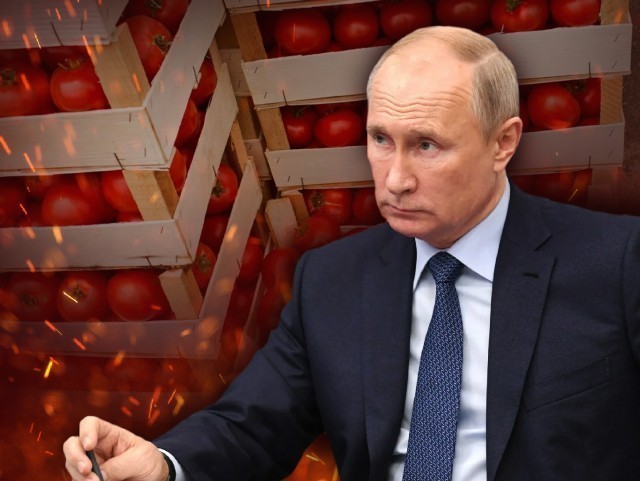Questionable decision: Russia lifts the ban on imports from Uzbekistan
Review
−
05 March 2022 69809 3 minutes
Russia, which has been isolated since its invasion of Ukraine, is gradually lifting restrictions and bans on imports from other countries. In particular, on 5 March, restrictions on the import of vegetables from nine countries, including Uzbekistan, have been lifted.
Indeed, after this news, many questions have arisen from the public: Why did Russia lift import restrictions on other partners only when it was isolated from western partners? Haven’t these restrictions been introduced because of the presence of pests in imported agricultural products? Doesn’t Moscow care about the pests in agricultural products anymore when the sanctions are being imposed, or were the bans in fact politically motivated?
So what really happened? Which products were limited? Today, the endless restrictions imposed by Russia on Uzbek goods will be discussed.
Restrictions on Uzbek products
On 26 November 2020, the Russian federal veterinary and phytosanitary service center (Rosselxoznadzor) banned the import of tomatoes and peppers grown in Fergana region, Uzbekistan. The ban was caused by the discovery of the tobamoviral (Tomato brown rugose fruit virus (ToBRFV)) in tomatoes and peppers imported from Fergana.
The Ministry of Investment and Foreign Trade of Uzbekistan responded to Russia’s ban by declaring that the country is very free of the plant virus ToBRFV. However, the Eurasian Economic Union has no ban on the virus in the member countries of the Eurasian Economic Union, and has shown that the ban is invalid.
The Ministry also stated that it was working with Russia to lift the ban. However, the restrictions soon escalated with renewed force instead of being lifted.
On 4 December 2020, Rosselxoznadzor discovered a brown wrinkle virus in tomatoes imported from Navoi region, and on 7 December bugs were discovered in a batch of dried apricots. Thus, the import of all types of plant products from Fergana region was suspended.
However, on 3 December, the State Plant Quarantine Inspectorate under the Cabinet of Ministers of the Republic of Uzbekistan reported that it had held talks with representatives of Rosselxoznadzor and had reached an agreement not to ban the import of dried apricot into the country.
On 9 December, two days after Russia banned the importation of plant products from Fergana, tomatoes and peppers importing from another region of Uzbekistan were allegedly banned. The next banned region was Kashkadarya.
Uzbek entrepreneurs who believed in the Russian market went bankrupt. Because transporting goods from Uzbekistan to Russia is a time-consuming process, and even if the products are returned because of the ban, most of them will become invalid.
After the restrictions of Moscow, the State Plant Quarantine Inspection under the Cabinet of Ministers of the Republic of Uzbekistan established phytosanitary control to investigate the issue of the virus.
Pressure weapon
Since then, Rosselxoznadzor has relaxed restrictions on certain regions of Uzbekistan at various times, lifting bans on the import of goods and products for individual enterprises. But the issue with virus found in products has not been solved yet. Import restrictions have not lost their relevance as a weapon of pressure. This means that Moscow will be able to reinstate the lifted restrictions on import at any time, perhaps as soon as the burden of Western sanctions on the Russian economy is eliminated.
In addition, Moscow may have introduced the bans on Uzbek agricultural products, whose main market is Russia, to make Tashkent a member of the Eurasian Economic Union headed nu Kremlin. The main principle of the Eurasian Economic Union is the creation of a single market. But there are also questions whether membership is really profitable, and whether Russia can impose import restrictions to economic allies.
Live
All
